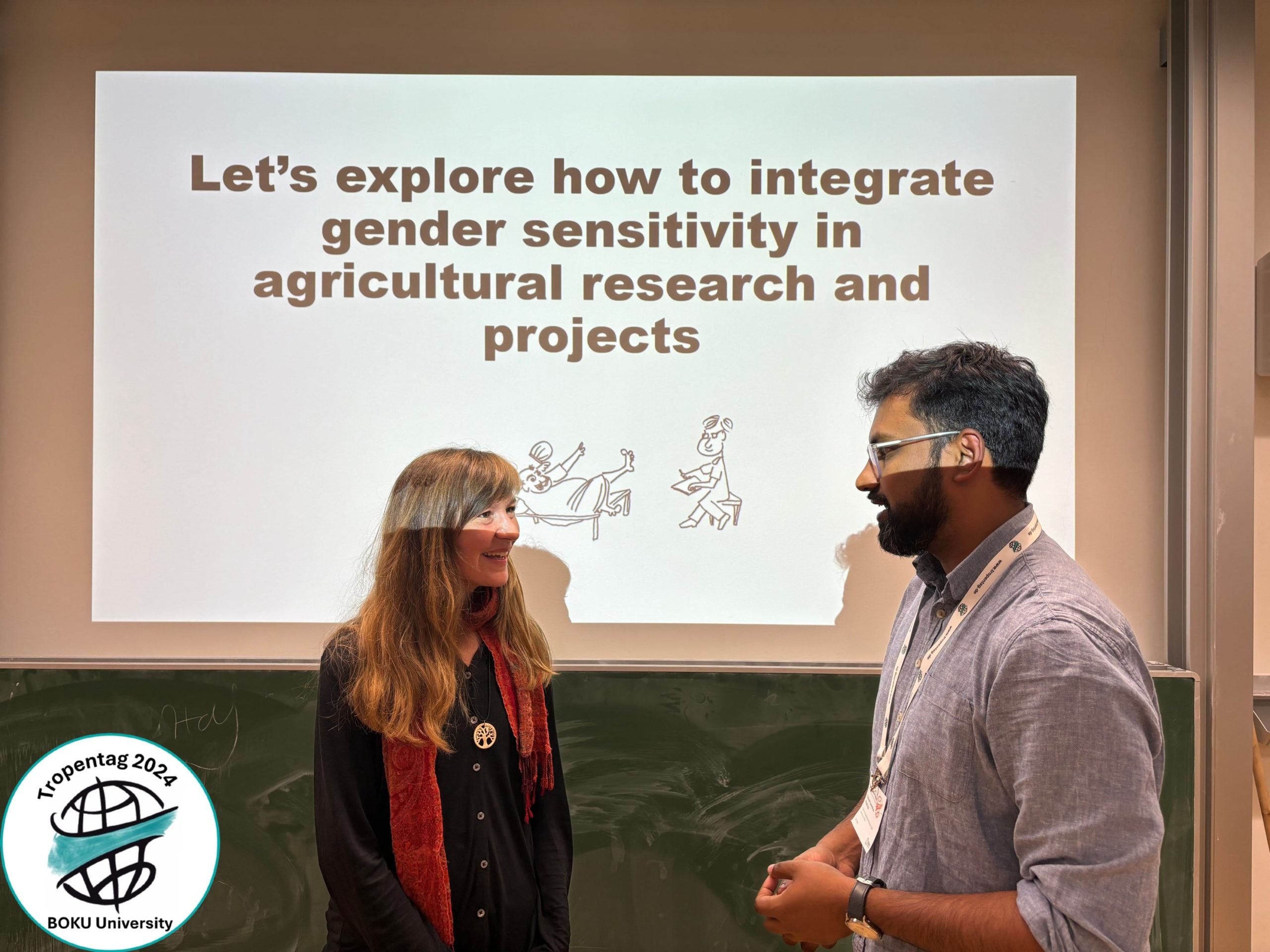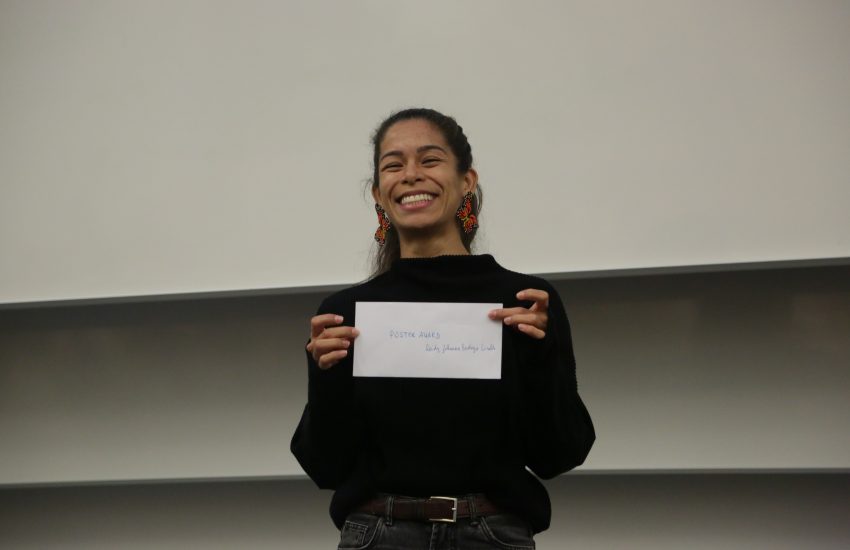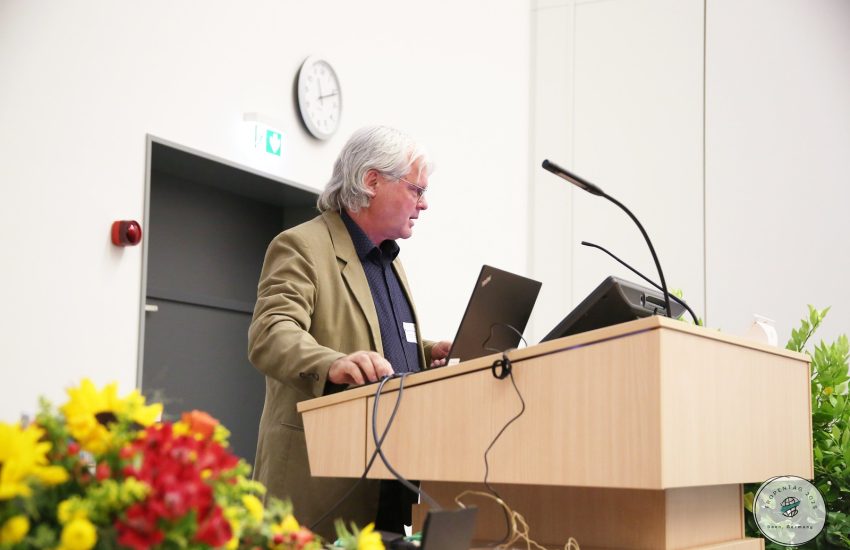Why Gender Sensitivity Matters in Our Work: Embracing Diversity and Complexity
In an increasingly interconnected world, understanding and addressing gender sensitivity in our work is not just a trend—it’s a necessity. In the workshop on how to integrate gender sensitivity in agricultural research and projects, PhD researchers Lilian Beck from the University Hohenheim and Subash Surendran Padmaja from the University of Bonn discuss gendered power dynamics that extend far beyond simple patriarchal frameworks.
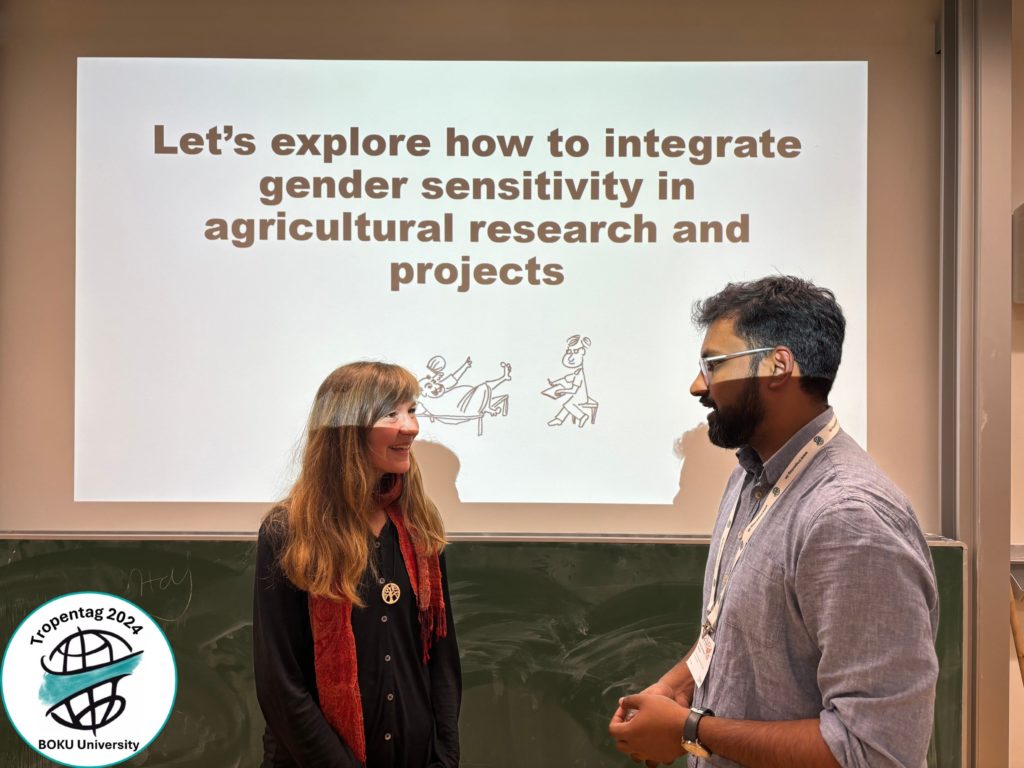
Beyond Binarity: A Global Perspective on Gender
Gender concepts are not universal; they vary widely across cultures and contexts. For instance, in New Zealand, Maori culture acknowledges multiple gender identities, such as Whakawahin/Whakatane, which go beyond the male-female binary. Similarly, many Indigenous communities in North and South America recognize the Two-Spirit identity—a term encompassing individuals who embody both masculine and feminine qualities.
Alex Wilson, a Two-Spirit advocate, explains that this modern term reflects ancient understandings of identity. This highlights that gender diversity is deeply rooted in many cultures, challenging the conventional binary view and underscoring the need for nuanced understanding in our work.
The Power of Gender Norms
Gender norms—socially constructed expectations about how individuals should behave based on their gender—are profoundly influential. In Cameroon, for example, traditional norms dictate that women should be primarily responsible for child bearing. Norms can also be codified into laws, as seen in Switzerland, where paid maternity leave is 14 weeks for mothers but only two weeks for fathers.
These norms also impact professional environments. Women in Southern Germany, for instance, are often expected to maintain a pleasant demeanor, even when they prefer to present themselves more seriously. Conversely, men can more freely navigate between friendliness and seriousness. This discrepancy illustrates how gender norms can limit women’s professional expression and agency.
The Complexity of Gender Dynamics in Different Contexts
Understanding gender dynamics requires a deep awareness of local contexts. For instance, in Nigeria, traditional gender roles can mean that a man may earn the income, but his wife—or even a mother-in-law—may hold the decision-making power. This discrepancy challenges simplistic notions of “male-headed” versus “female-headed” households and highlights the importance of culturally sensitive approaches.
In India, projects focused on women’s empowerment in agriculture illustrate another facet of this complexity. The Indian Council of Agricultural Research (ICAR) emphasizes creating gender-specific databases and training modules to improve the quality of life for farm families. This approach acknowledges that gender issues in agriculture are multifaceted, involving aspects of technology, nutrition, vocational skills, and more.
Practical Strategies for Inclusivity
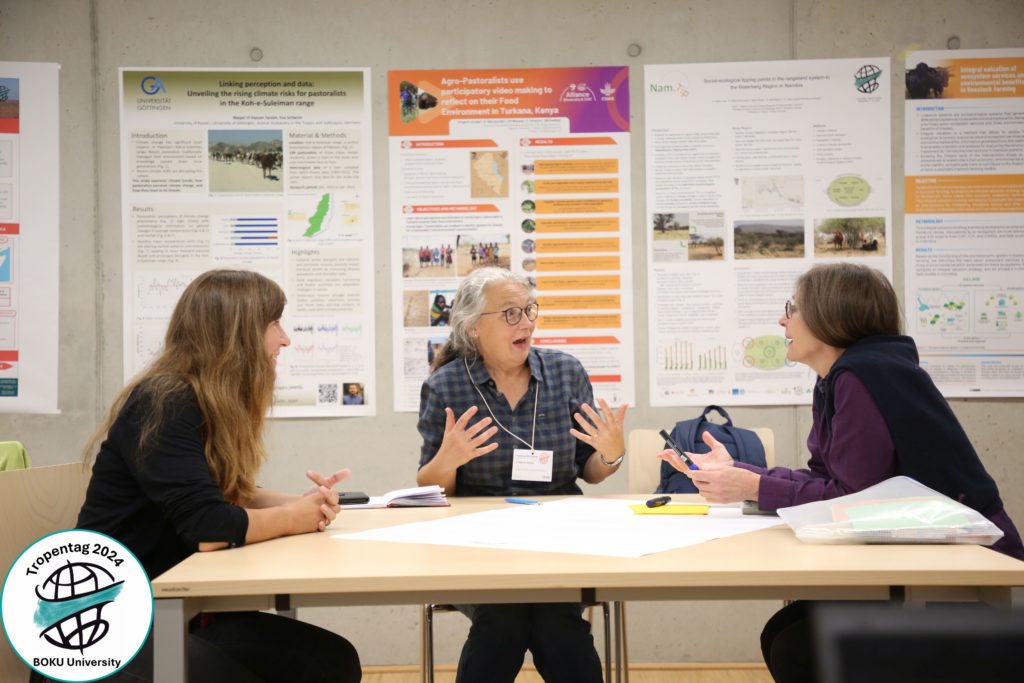
Creating inclusive environments requires practical strategies that accommodate diverse needs. For instance, in a project aiming to teach organic farming, one woman’s participation was initially hindered by her husband’s objections. To address this, the project team organized a village meeting to gain community support, highlighting the importance of the training. Additionally, providing lunch during meetings and arranging childcare can help overcome barriers to participation.
These examples demonstrate that flexibility and understanding of local contexts are key to fostering meaningful engagement and empowerment.
The Role of Self-Reflection and Continuous Learning
As researchers and practitioners, it is essential to engage in ongoing self-reflection. Recognizing our own biases and understanding how they influence our work can lead to more equitable practices. Engaging in open discussions about gender and actively questioning our assumptions allows us to create more inclusive and impactful projects.
Integrating gender sensitivity into our work is not merely about adhering to trends; it is about respecting and understanding the diverse experiences and identities that shape our world. By embracing the complexity of gender dynamics, implementing practical inclusivity strategies, and continually reflecting on our practices, we can contribute to more equitable and effective outcomes in our projects and initiatives.
Author: Anushka Mukherjee

